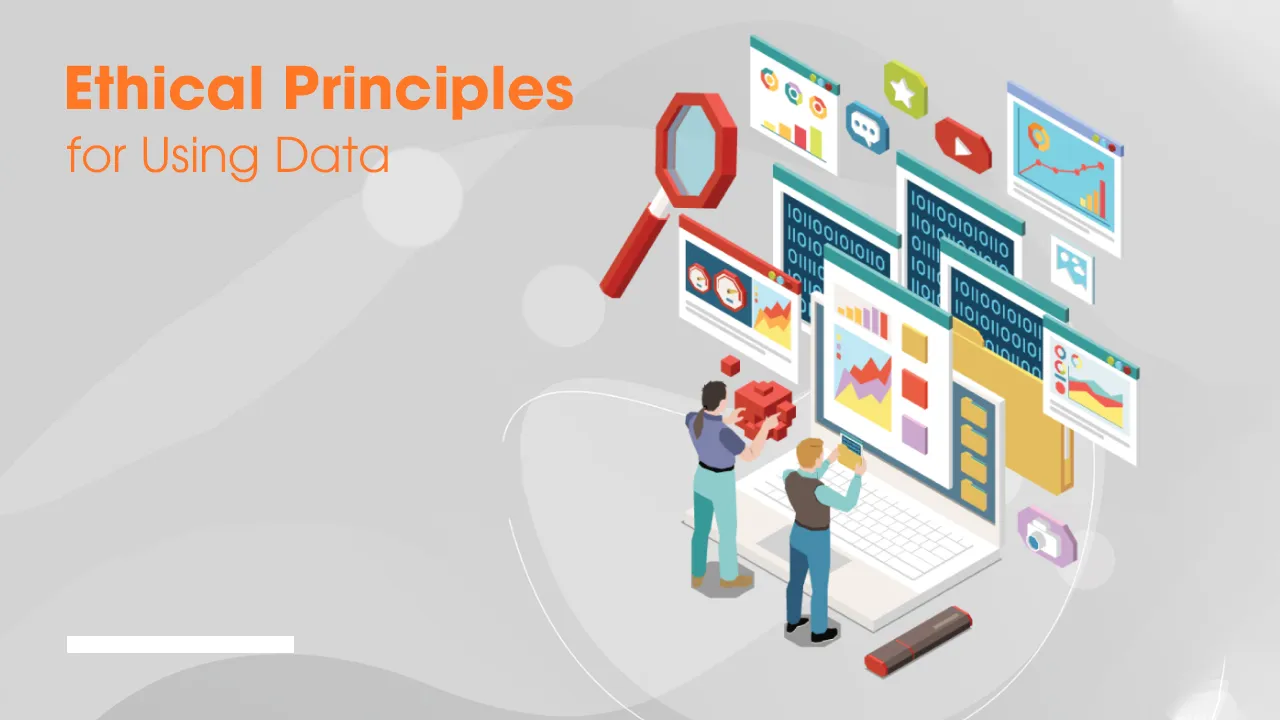Data ethics is about control and sustainable utilization of data. It is more of doing appropriate things for society and people. Data procedures should be intended as bearable solutions that benefit humans.
Data ethics denote and adhere to the values and principles where personal data protection laws and human rights are based. This is about genuine transparency and honesty as far as data management is concerned. The main purpose of this is to produce privacy-boosting products and privacy-by-design and infrastructure.
Data ethics is not just mere compliance with personal information security laws. Therefore, every data processing serves as the prerequisites crafted by the Charter of Fundamental Rights. Now, huge data analytics boosts various ethical issues. This is often observed when the organizations start to monetize their data externally, having a different purpose from which the data was originally collected.
Data ethics describes a behavior code, often focused on what is wrong and what is right. This encompasses the following:
- Data management – This includes recording, generation, curation, dissemination, processing, use, and sharing.
- Algorithms – This includes machine learning al, robots, and artificial agents.
- Corresponding practices – It includes programming, responsible innovation, professional codes, and hacking.
Data ethics is designed on the foundation provided by information ethics and computers. However, at the same time, they polish the scheme endorsed in this research field. They do this by shifting the abstraction level of ethical reviews. As observed, businesses are interested in utilizing data ethics to prove themselves trustworthy, to comply with regulations, to ensure reasonable and fair data usage, to develop a positive public perception, and to minimize social inequities and biases.
#big data #latest news #ethical principles for using data #ethical principles #data #ethical
